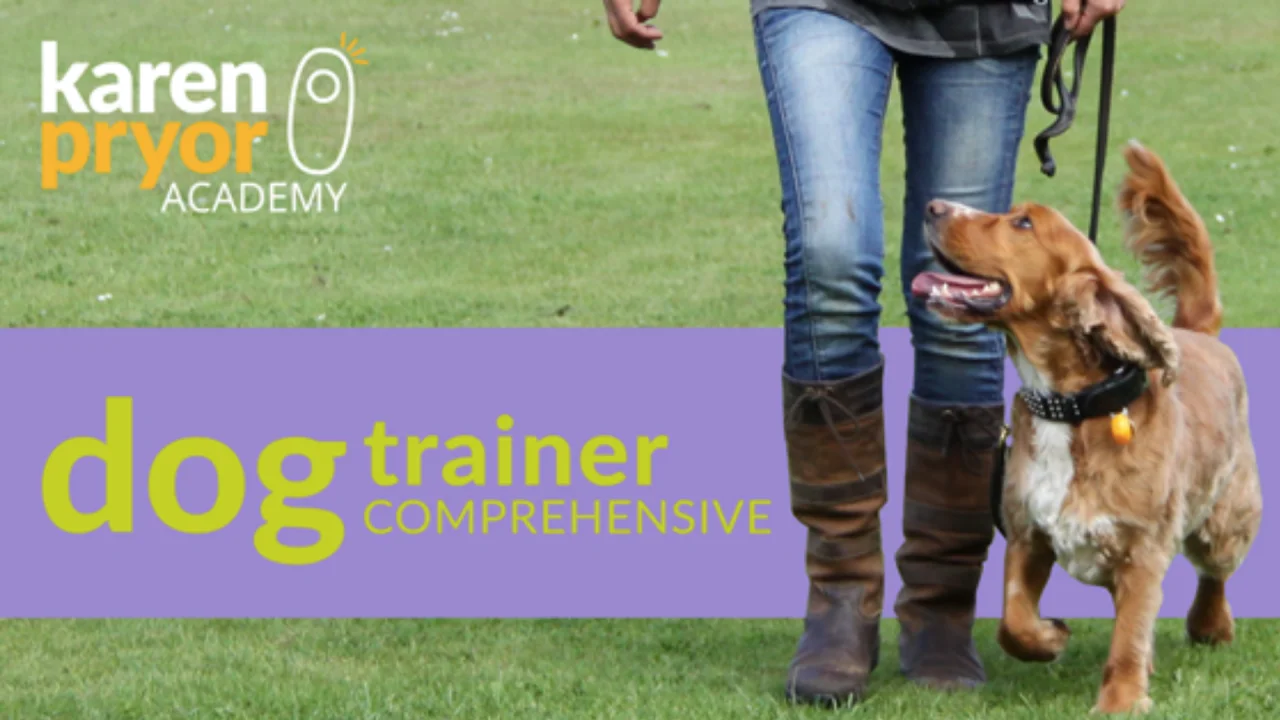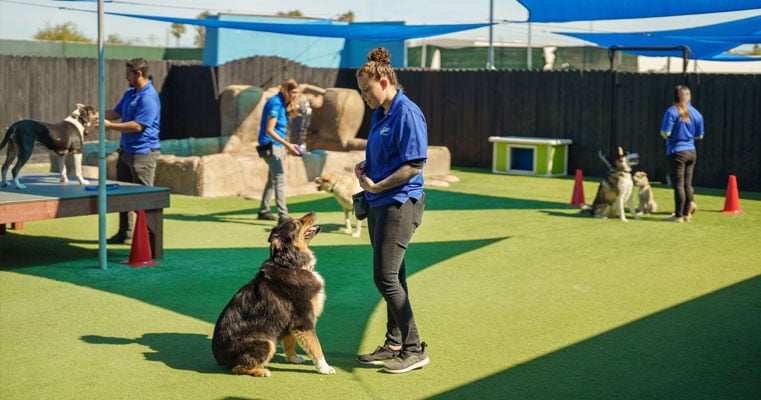Vital Pet Educating Tips for a Mannerly and Positive Pet dog
Effective pet training is an essential element of fostering a mannerly and certain family pet. Developing a constant routine, using positive support techniques, and prioritizing early socializing are key aspects that contribute to a dog's overall habits and temperament.
Develop a Constant Regimen
Developing a regular regimen is vital for effective pet dog training. A well-structured routine offers pets with a sense of protection and predictability, which can dramatically improve their understanding procedure. By setting certain times for training sessions, feeding, walks, and play, you produce a structure within which your pet can thrive.

Furthermore, a routine help in dealing with behavioral problems. When a pet dog knows when and where to expect different tasks, it reduces anxiety and promotes a tranquil disposition. Regular workout and psychological stimulation must also be consisted of in the regular, as they are important for a pet dog's wellness.
Use Favorable Support
Favorable support is an important part of effective pet dog training, fostering a solid bond between the fitness instructor and the pet dog while motivating desired habits. This training approach involves satisfying your dog with treats, appreciation, or play quickly after they carry out a wanted activity, such as coming or resting when called. The fundamental principle is that habits adhered to by favorable outcomes are most likely to be duplicated.
To implement positive reinforcement properly, timing is essential. Benefits must be provided without delay to help your canine make the connection in between the behavior and the benefit. Uniformity also plays an essential duty; make use of the very same commands and incentives to reinforce learning. If you compensate your pet dog for resting, guarantee you make use of the very same spoken hint each time.
In addition, differ the rewards to maintain your pet involved. Eventually, positive support advertises a happy training experience, resulting in a mannerly pet and a stronger connection between the pet and proprietor.

Socialize Your Canine Early
A pet's capacity to adapt to numerous settings and situations typically depends upon early socialization. This important developing stage generally takes place in between 3 and fourteen weeks old, during which puppies are especially receptive to new experiences. By subjecting your pet to diverse people, pets, sounds, and environments throughout this moment, you can aid foster a certain and well-adjusted grownup.
Socialization assists stop behavior concerns such as worry, aggressiveness, and excessive barking. When a pet is accustomed to various stimulations, it is less most likely to react negatively out of concern or unpredictability. Engaging with various other canines in regulated settings, such as young puppy courses or playdates, can additionally teach vital interaction skills and suitable play actions.
Furthermore, presenting your dog to different settings-- like parks, hectic roads, and pet-friendly stores-- can improve its convenience and flexibility in brand-new scenarios. Constantly make certain that these encounters are safe and enjoyable, and check your pet dog's responses to guide more communications.
Educate Basic Commands
Structure on the structure of very early socialization, training standard commands is an essential element of pet dog training that enhances communication between you and your family pet. Standard commands such as "rest," "stay," "come," and "down" not only promote good index habits but also guarantee your canine's safety and security in various circumstances.
To efficiently show these commands, begin in a peaceful environment cost-free from diversions. Usage positive support strategies, such as treats or praise, to reward your dog quickly after they perform the wanted behavior. Consistency is key; repeat regulates in a clear, solid voice and practice on a regular basis to enhance redirected here discovering.
Start with basic commands, progressively increasing complexity as your pet dog ends up being much more competent. Once your dog reliably sits, you can introduce the "stay" command. Be client and allow your pet dog time to comprehend and react. Short, regular training sessions are more efficient than long, laborious ones.
Address Behavioral Issues Promptly
Attending to behavioral issues immediately is crucial for maintaining a harmonious connection with your canine. Postponing intervention can cause the support of undesirable actions, making them more challenging to deal with with time. Whether your dog exhibits aggression, excessive barking, or separation anxiousness, it is crucial to recognize the origin of these behaviors and address them promptly.
Consistency is essential; guarantee that all family members react to the actions uniformly to prevent perplexing your canine. Utilize positive reinforcement methods, compensating your dog for desired behaviors while redirecting unwanted ones.
In some instances, specialist aid might be necessary. A certified canine fitness instructor or behaviorist can give customized approaches to address particular problems. Keep in mind that persistence and perseverance are important, as therapy often needs time.
Inevitably, by dealing with behavioral issues quickly, you cultivate a positive environment that urges your pet to grow. This proactive technique not only improves your pet's actions yet additionally reinforces the bond between you and your animal.
Conclusion
Finally, executing a consistent regimen, using positive reinforcement, and prioritizing very early socializing are fundamental in developing a mannerly and confident pet (Dog training). Instructing standard commands with focused sessions cultivates reliable interaction between proprietor and animal, while promptly addressing behavior problems protects against the escalation of problems. Together, these approaches produce a harmonious atmosphere that enhances the bond in between pet dogs and their owners, eventually resulting in a happier, healthier canine friend
Developing a regular routine, employing favorable support methods, and focusing on very early socialization are crucial components that contribute to a pet dog's general behavior and personality.Favorable reinforcement is a vital component of reliable canine training, promoting dog pulling on leash a solid bond between the trainer and the pet dog while encouraging preferred habits. Rewards should be provided without delay to help your pet dog make the connection in between the habits and the incentive. Usage positive reinforcement strategies, such as treats or appreciation, to compensate your pet dog promptly after they perform the desired habits. Utilize positive reinforcement strategies, awarding your dog for preferred actions while redirecting undesirable ones.
Comments on “Open the Secrets of Effective Dog Training Near Me for a Better Pet”